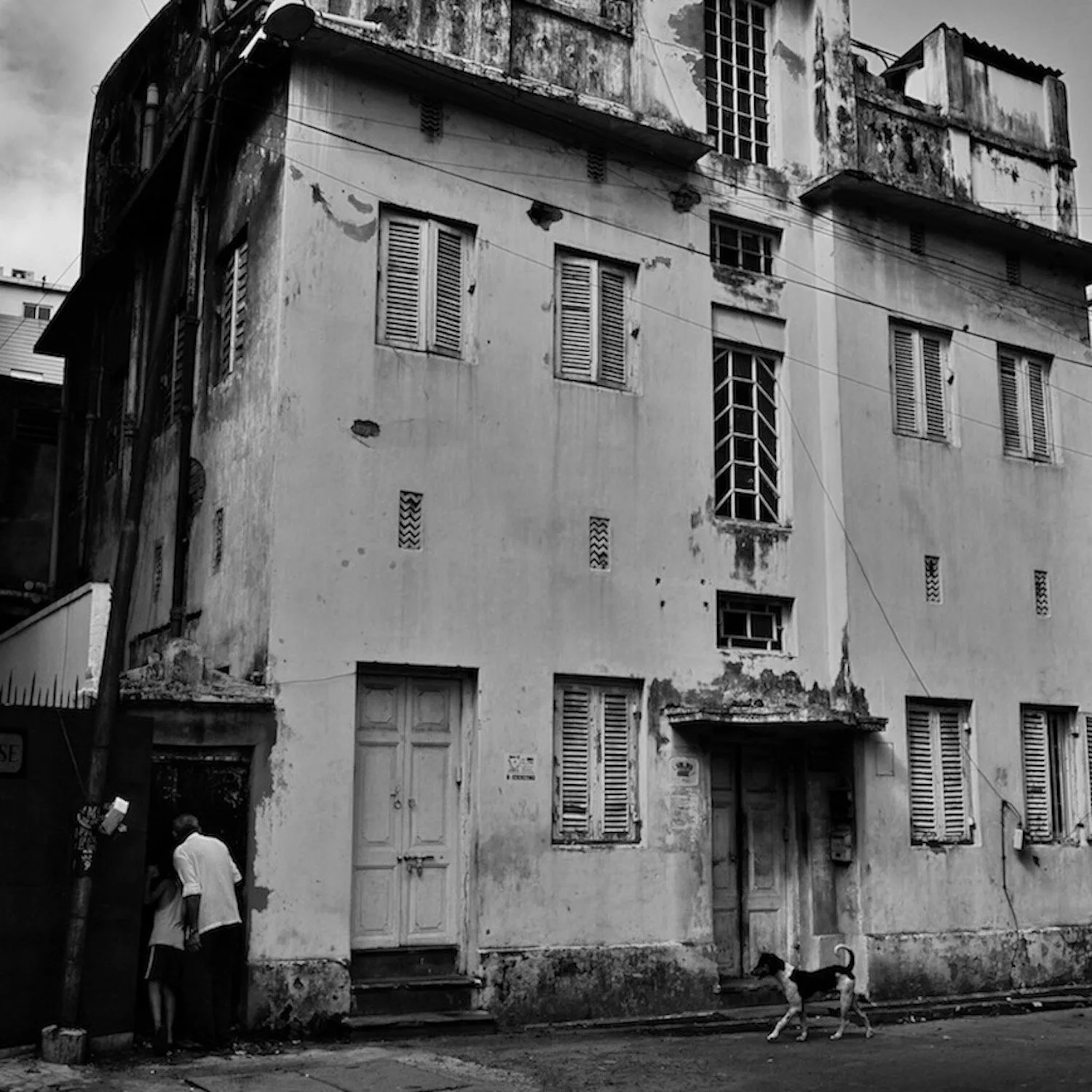PHOTOWALI DIDI
One Saturday morning, I happened upon a group of ladies, in the slum, doing their washing. I asked if I could photograph them. They agreed. A few days later, I returned, to give them prints. They were thrilled and invited me into their homes to take more photographs- photographs of their children, visiting siblings, cousins, friends; photographs of them cooking and playing and getting ready for New Years Eve. I took back more prints. They requested more shoots. And so it went on. I visit them almost every week. I call them my Saturday Morning Laundry Ladies.
Soon, the adjoining houses began to ask for photographs, then the local tea shop owner and the butcher and the lady who lived in a shack next to the tea shop I frequently visited.
I don't photograph people of a slum to document poverty. I wasn't photographing them with a project in mind. There was no ulterior motive for me. I was photographing these people because I was interested in them. The slum dwellers just took me in at a time when I was very unwell and just trying to survive one day at a time. Taking photographs helped that battle. So I kept returning. I'd make them prints because taking their pictures made me happy and I wanted to try and give back some of that happiness. That's how over the years I became their Photowalli Didi. (the sister with the photos). Our relationship is unequal, we come from different worlds but we both give and take something from each other.
This is an exploration not only of our strange and intimate relationship but a project about resilience of communities, an investigation into the altered narratives that permeate their lives and perhaps most importantly a project about belonging, about breaking barriers and that of challenging stereotypes and myths. It is a celebration as well as an elegy.








































